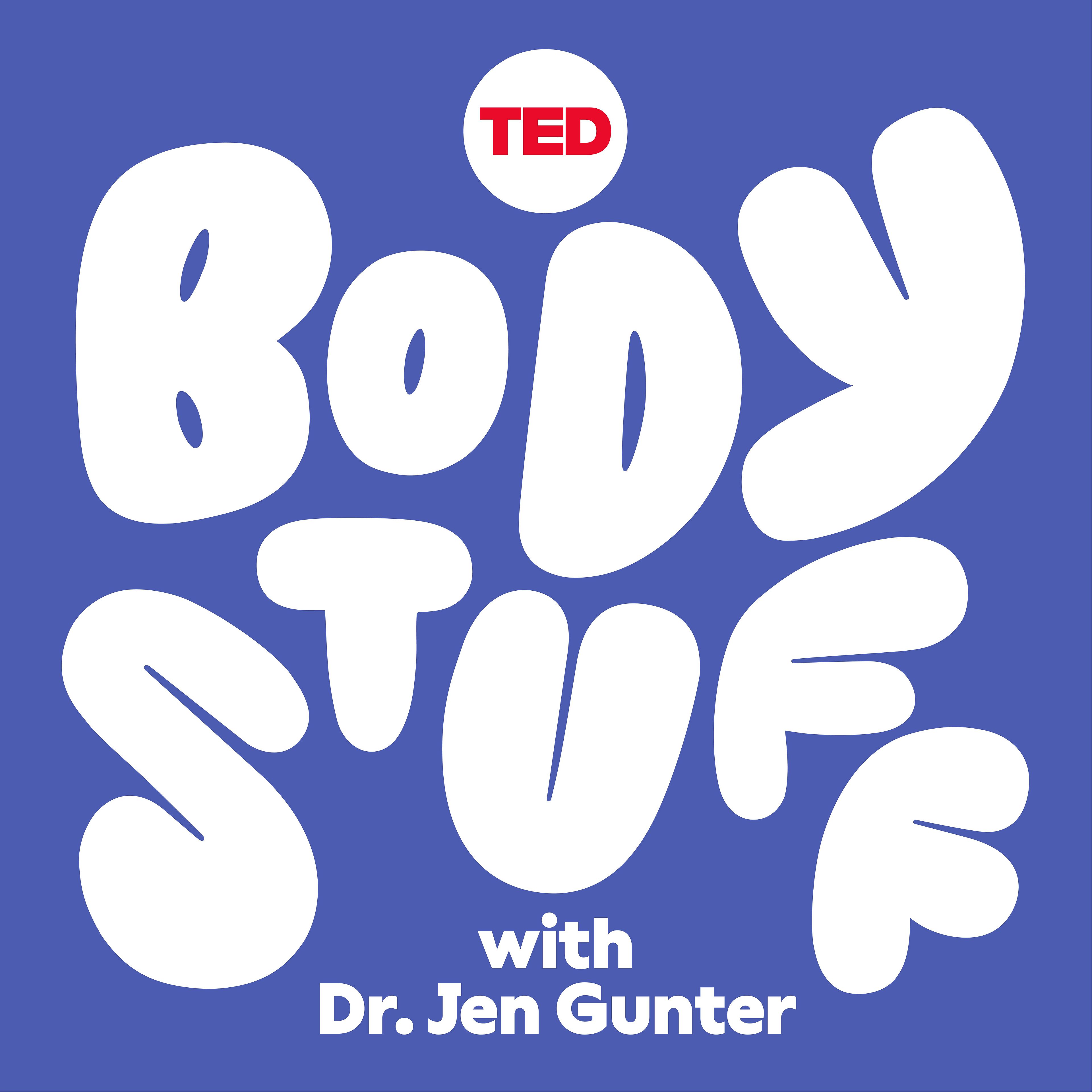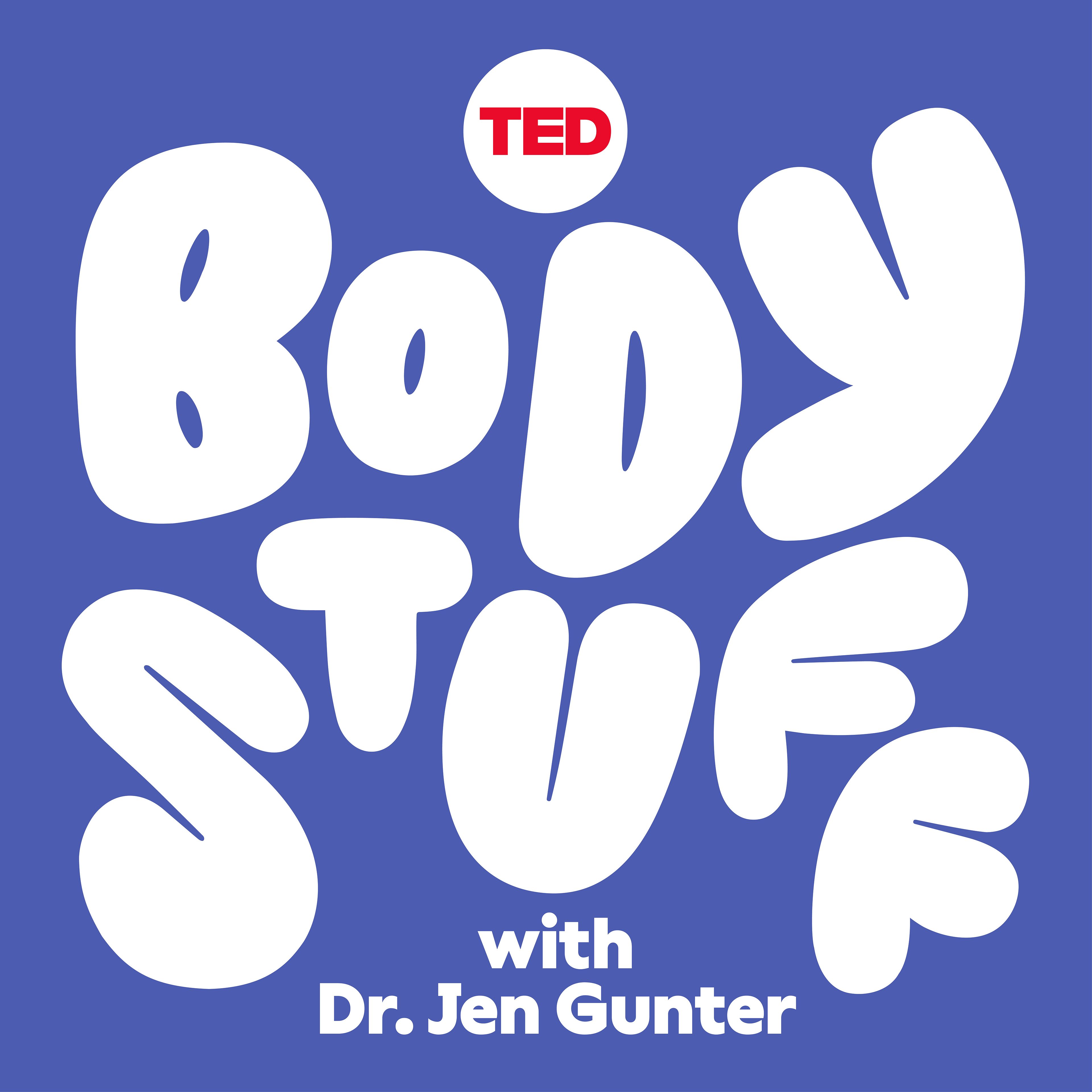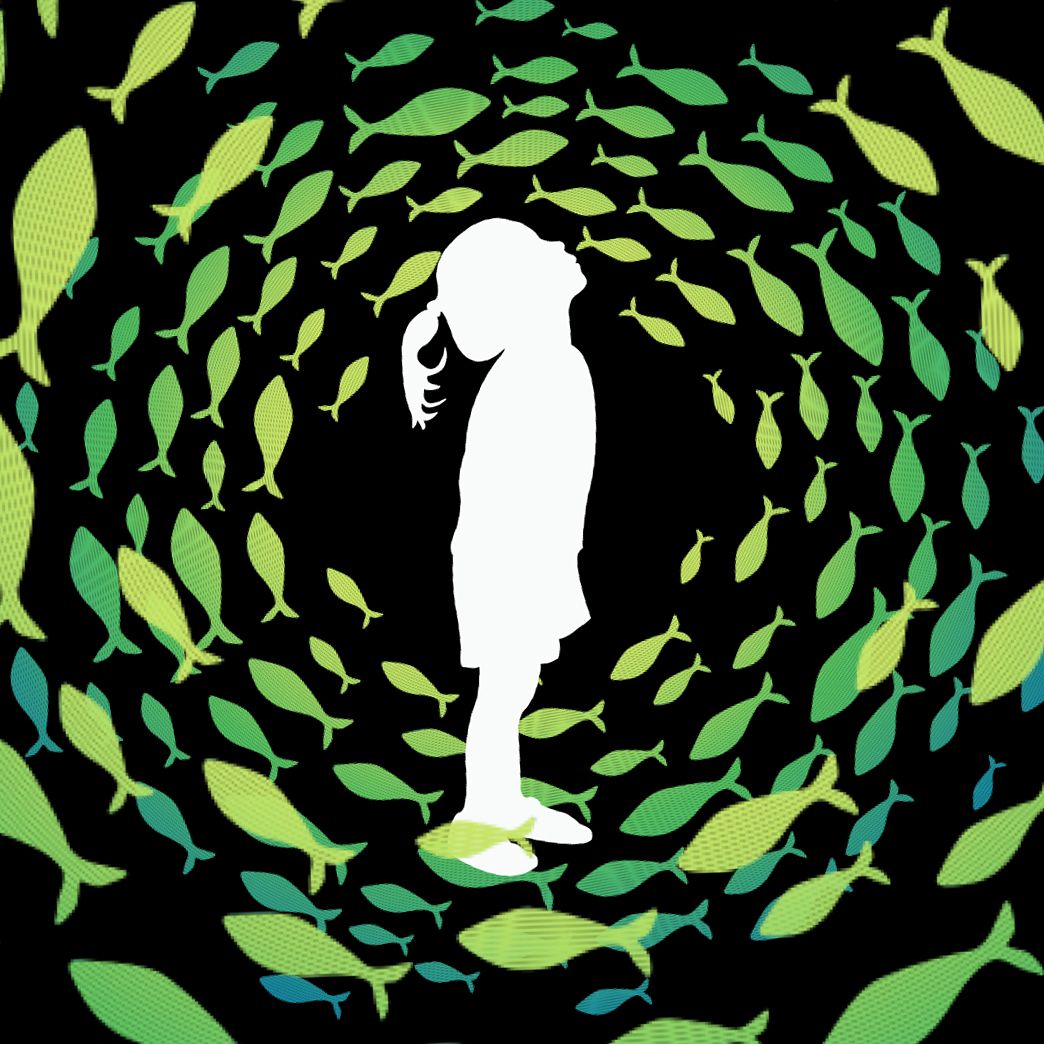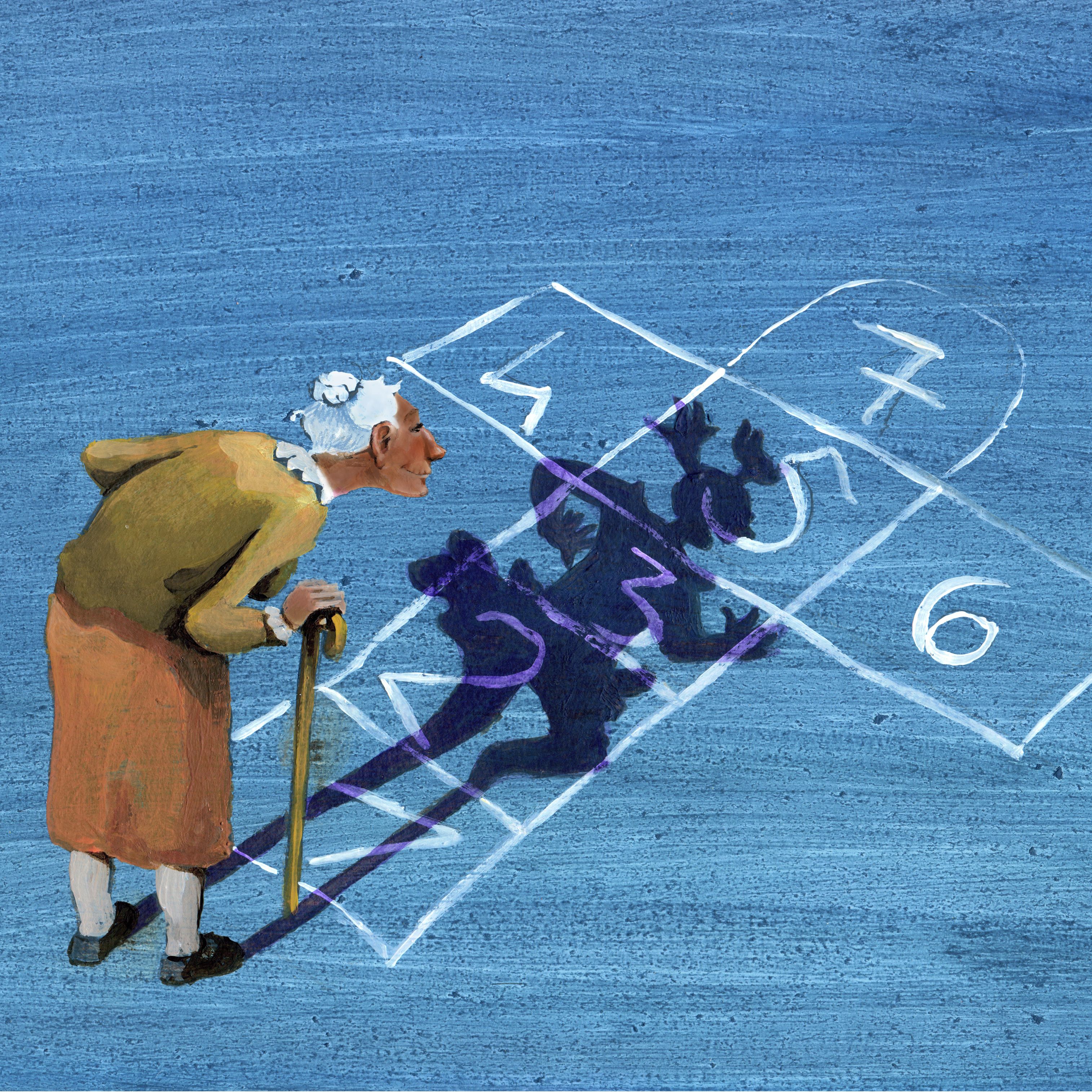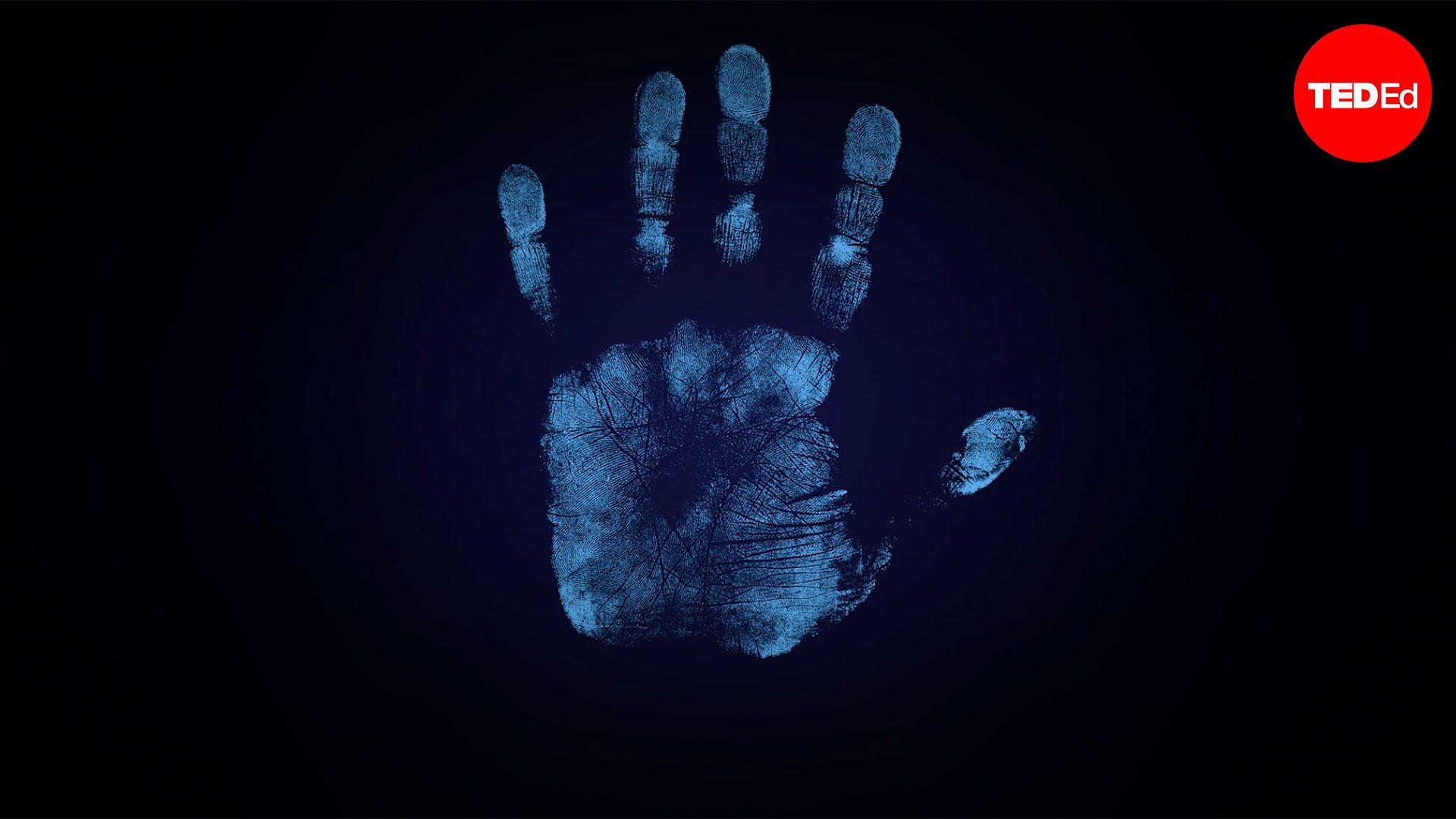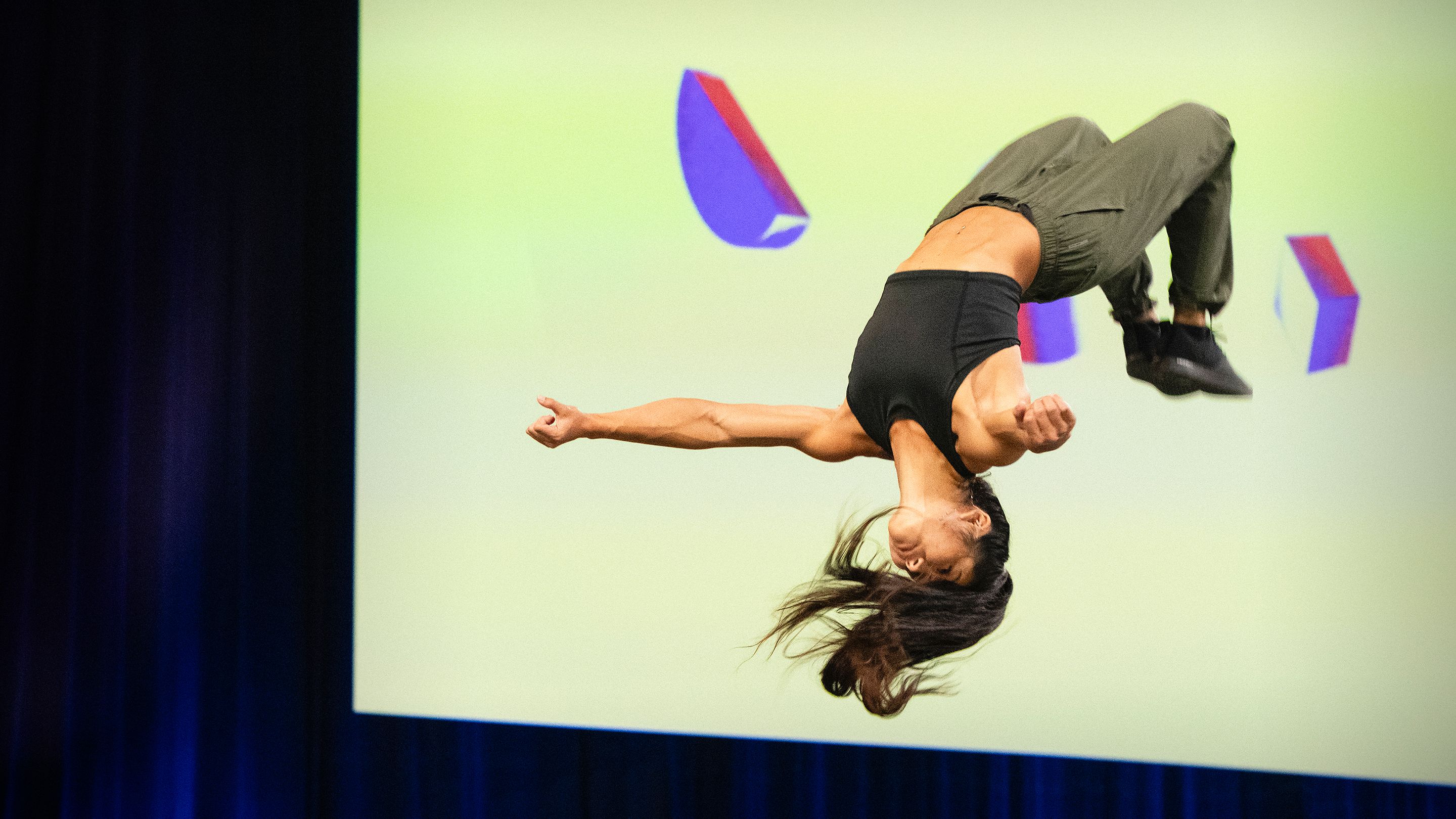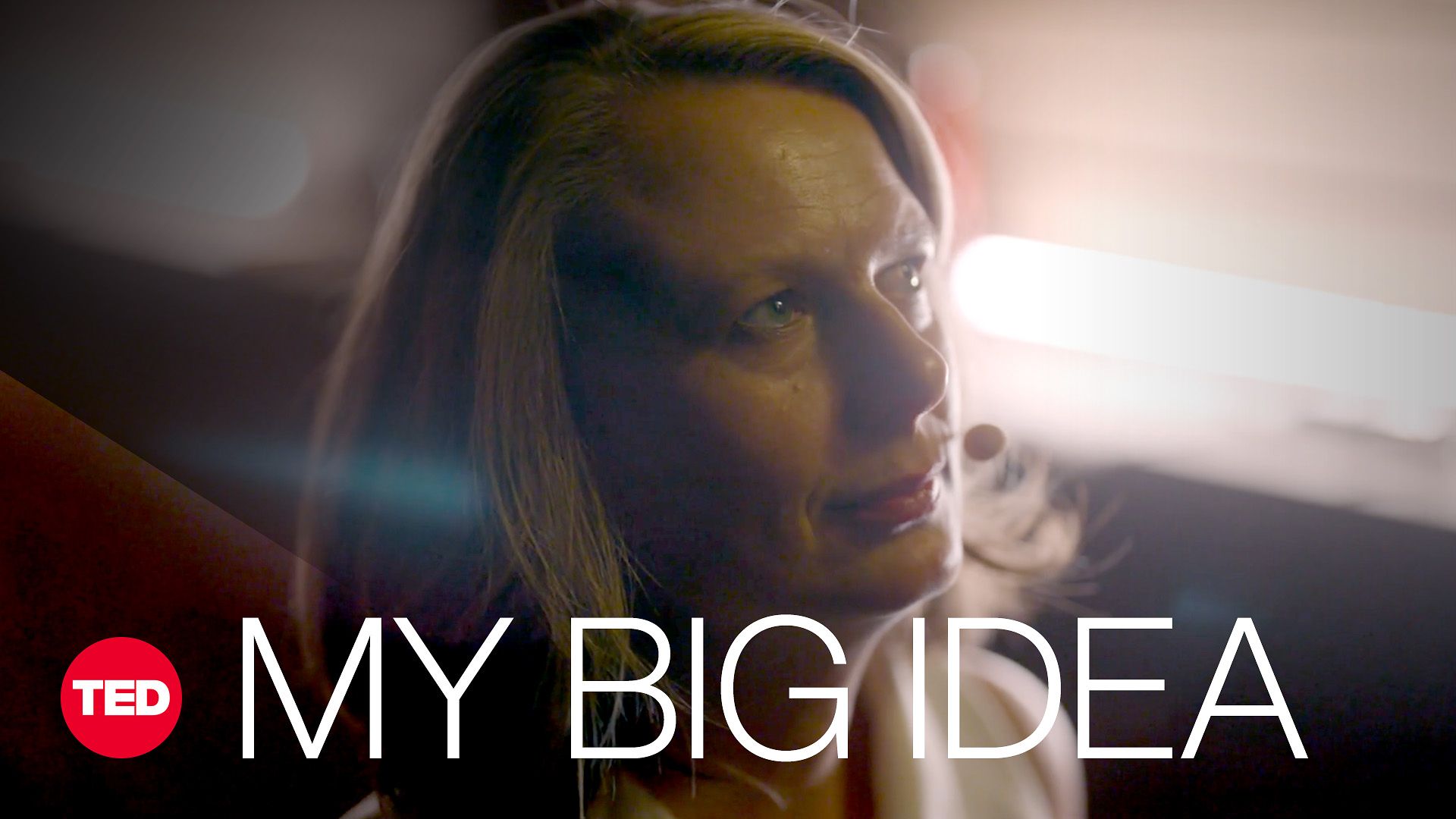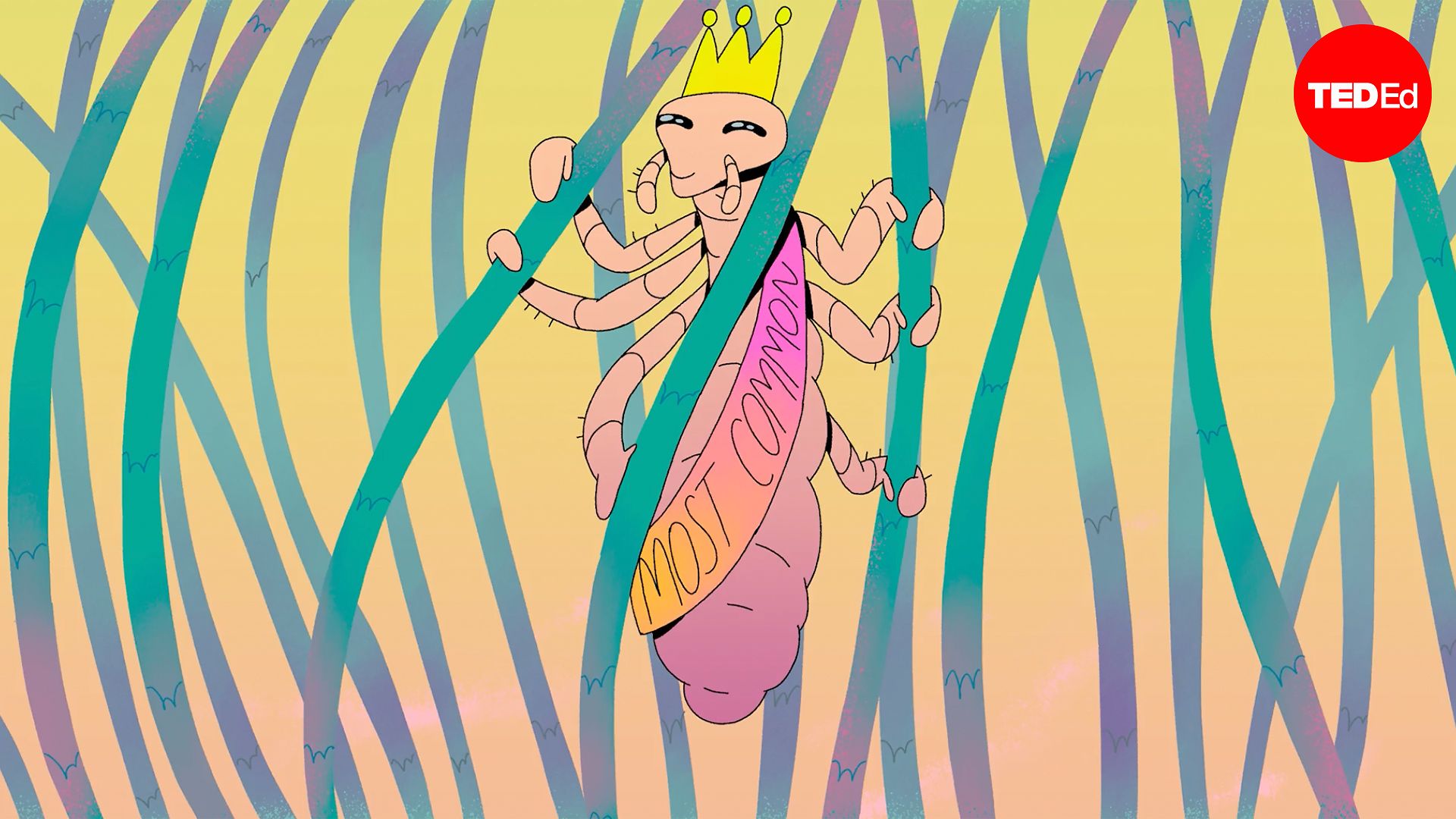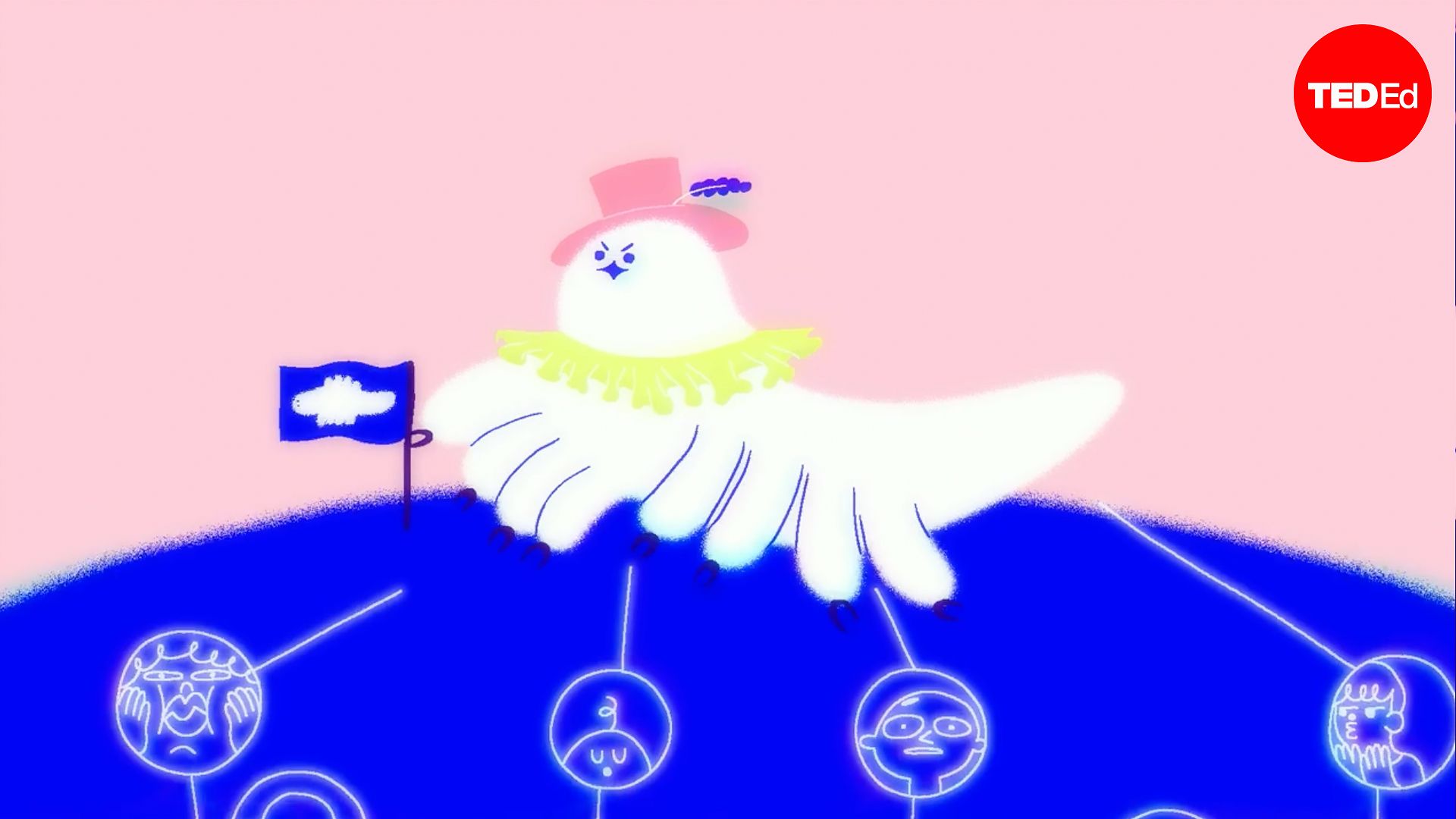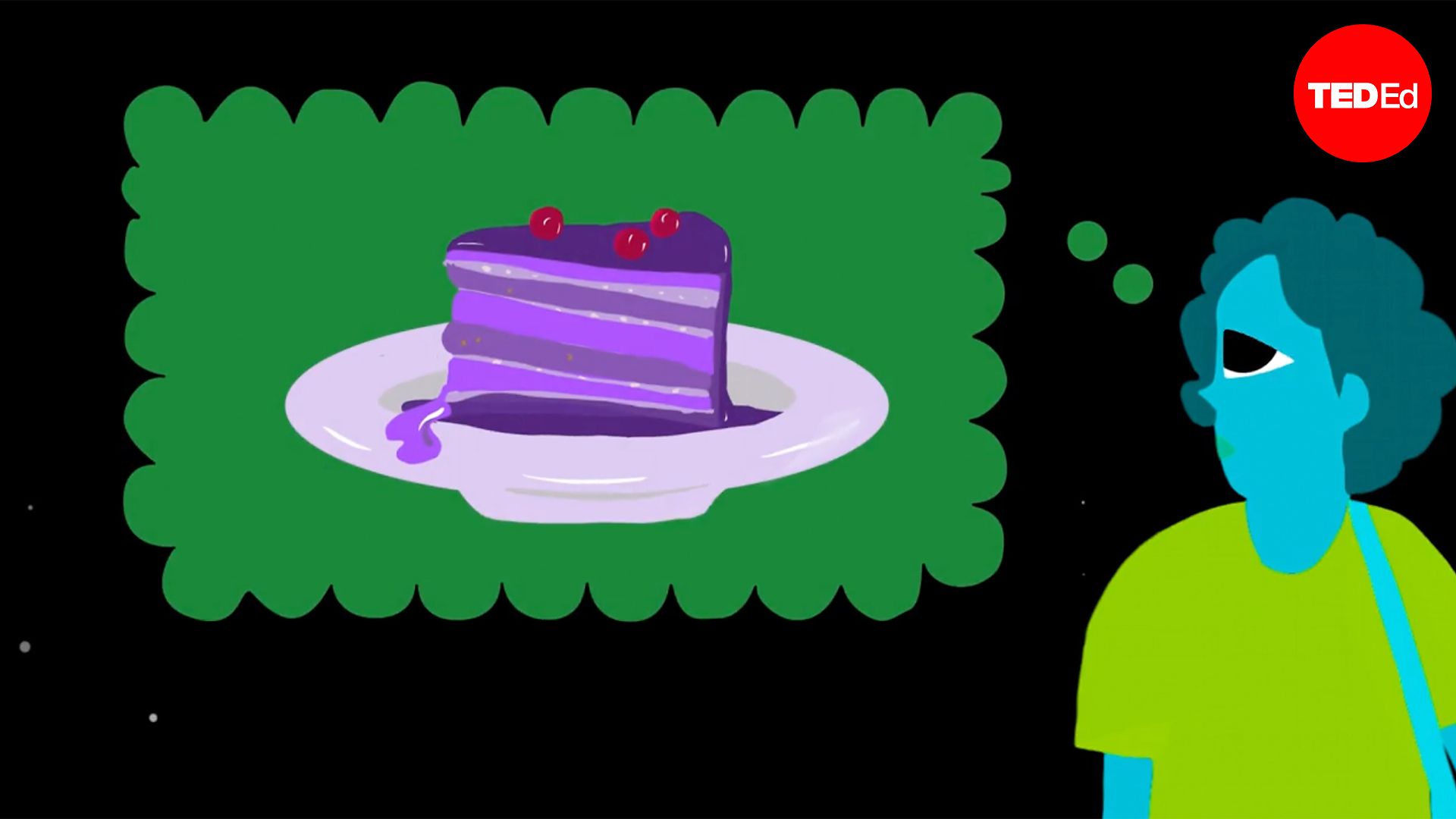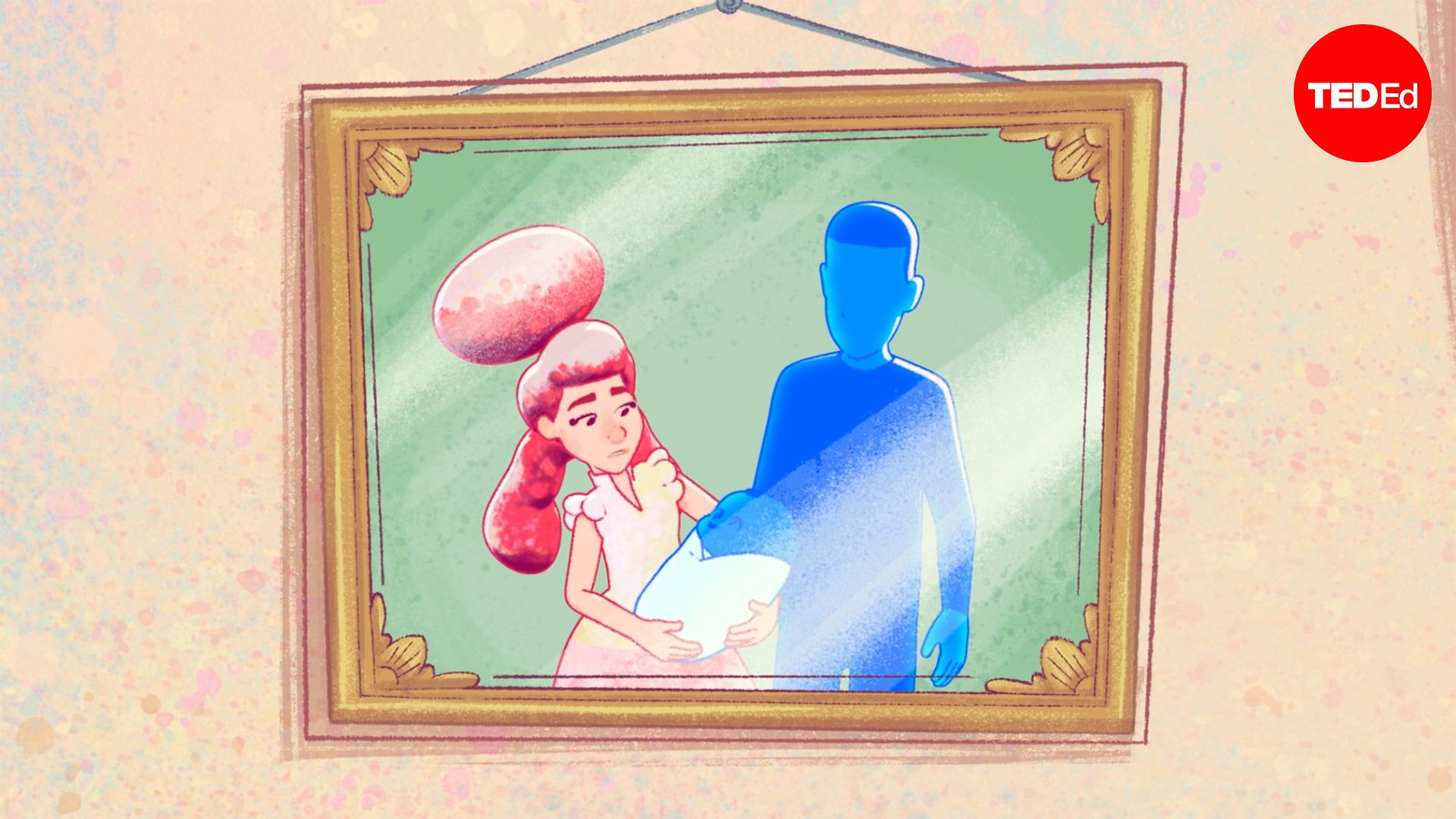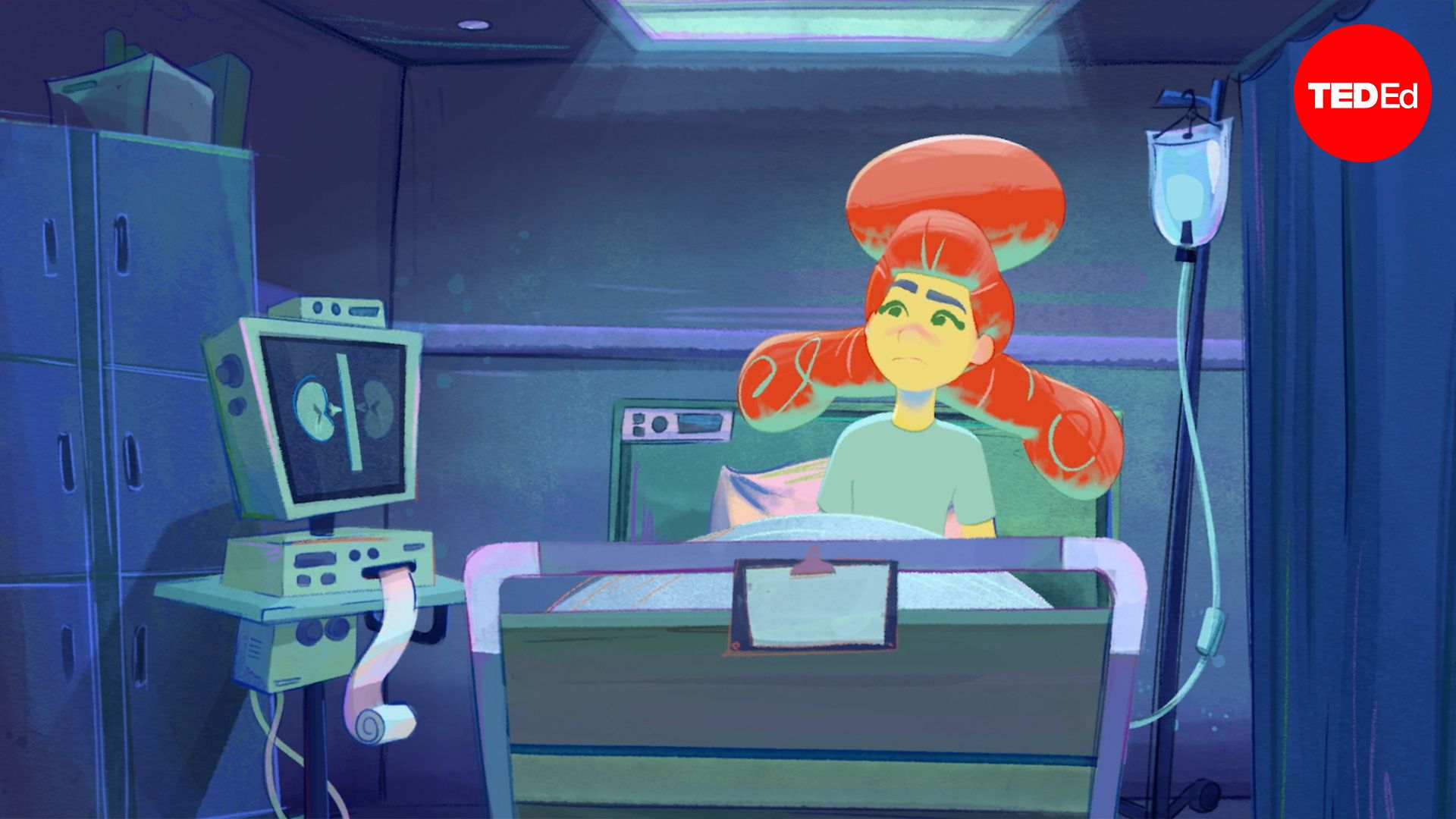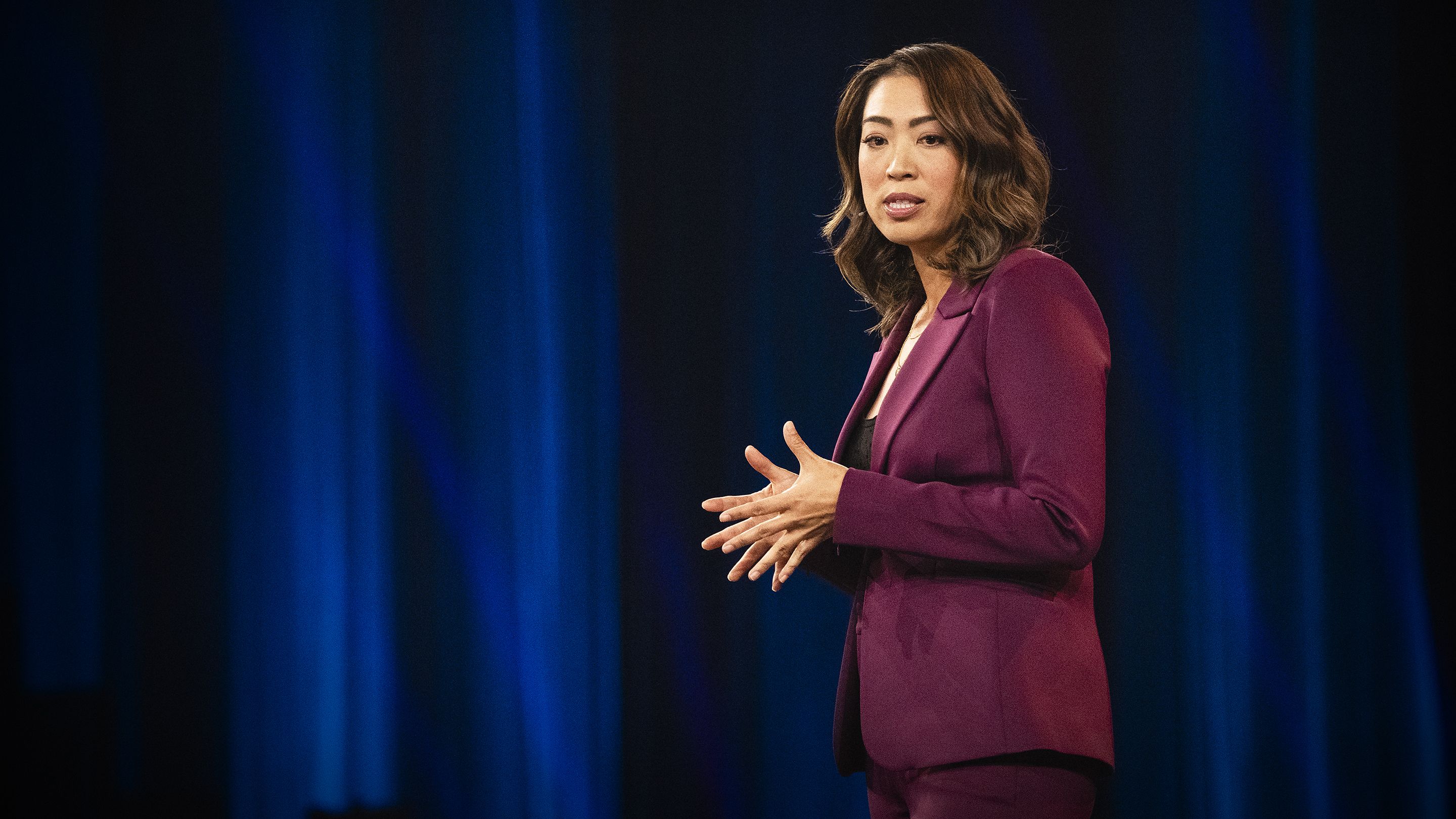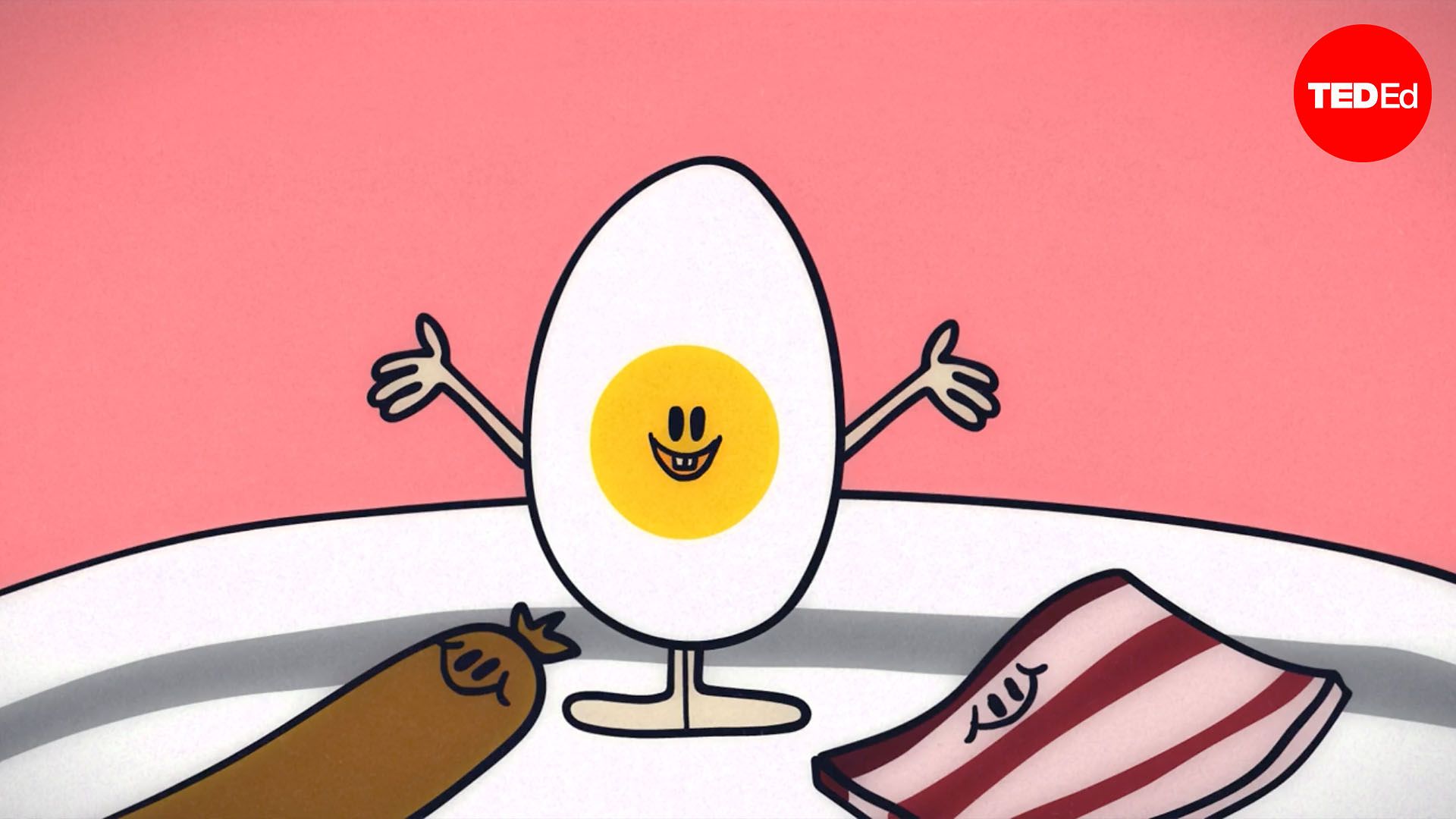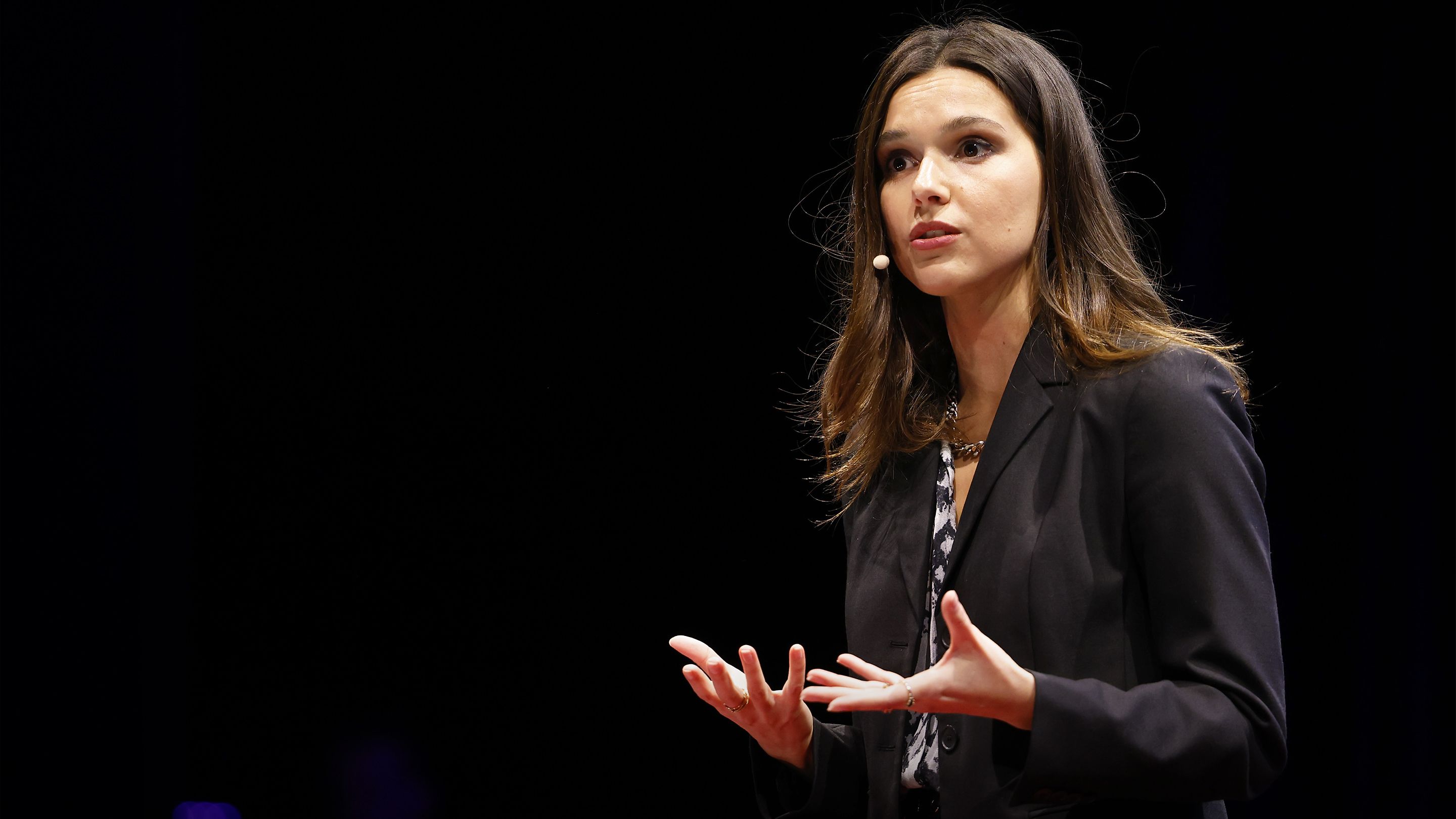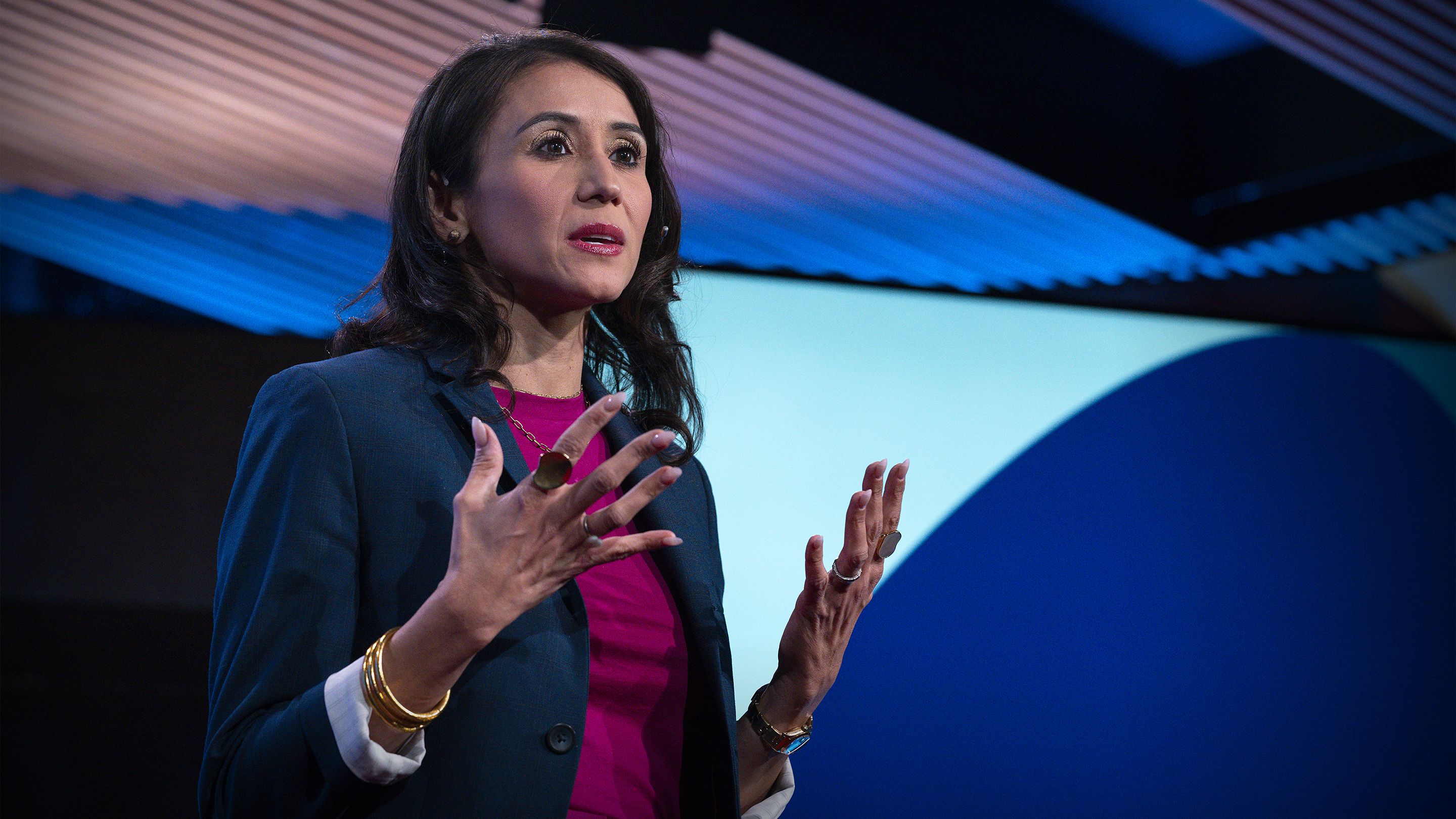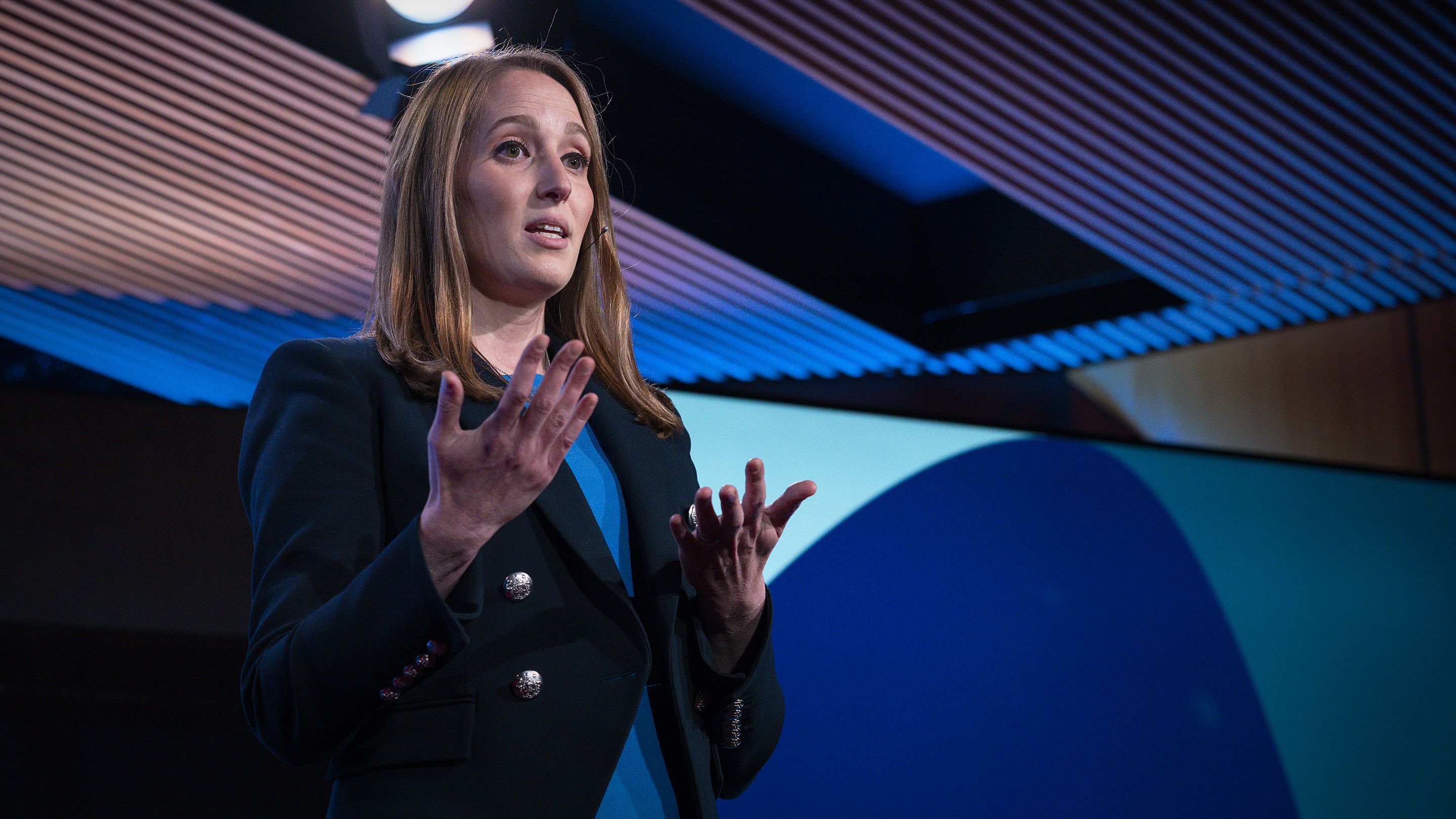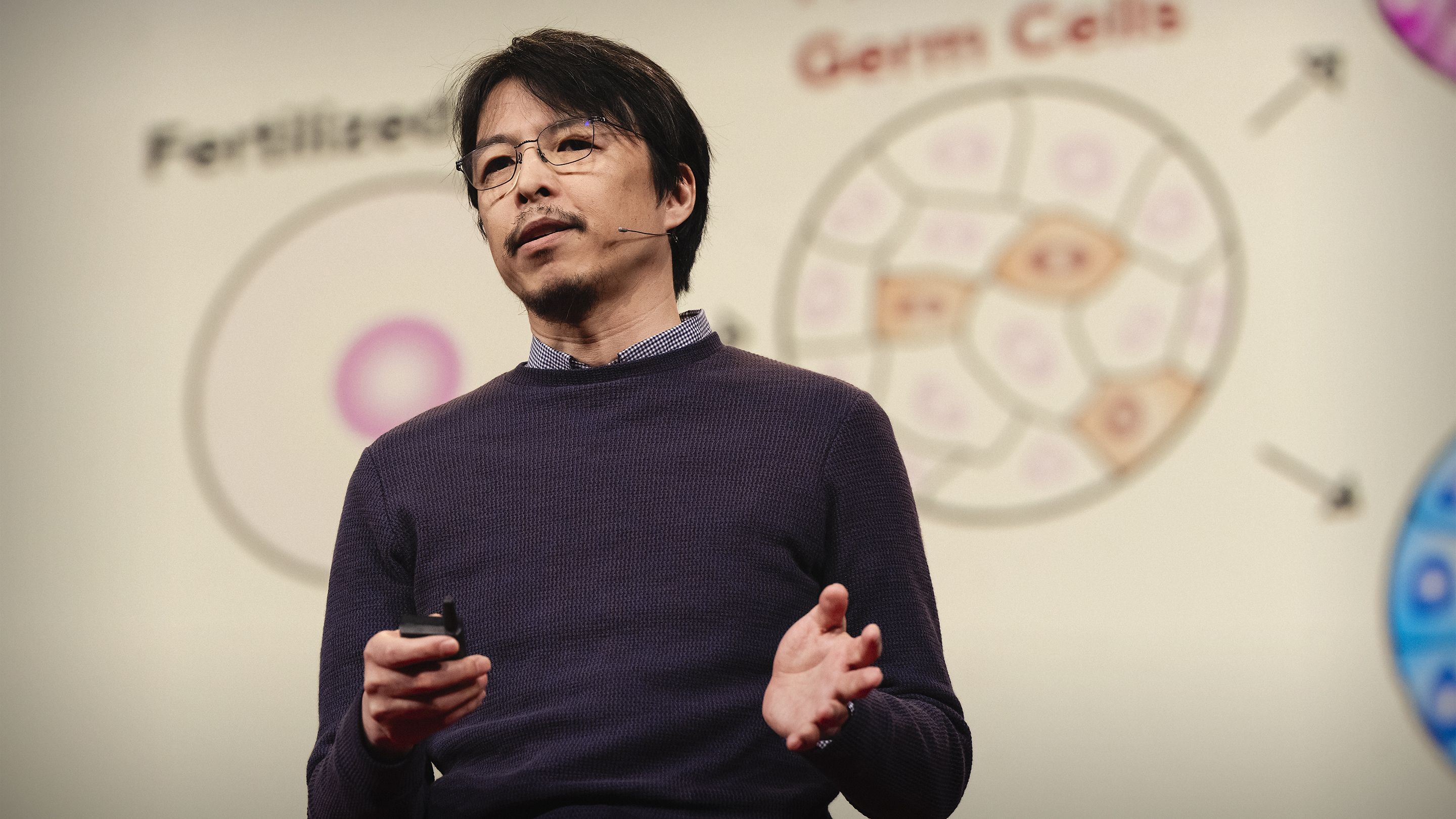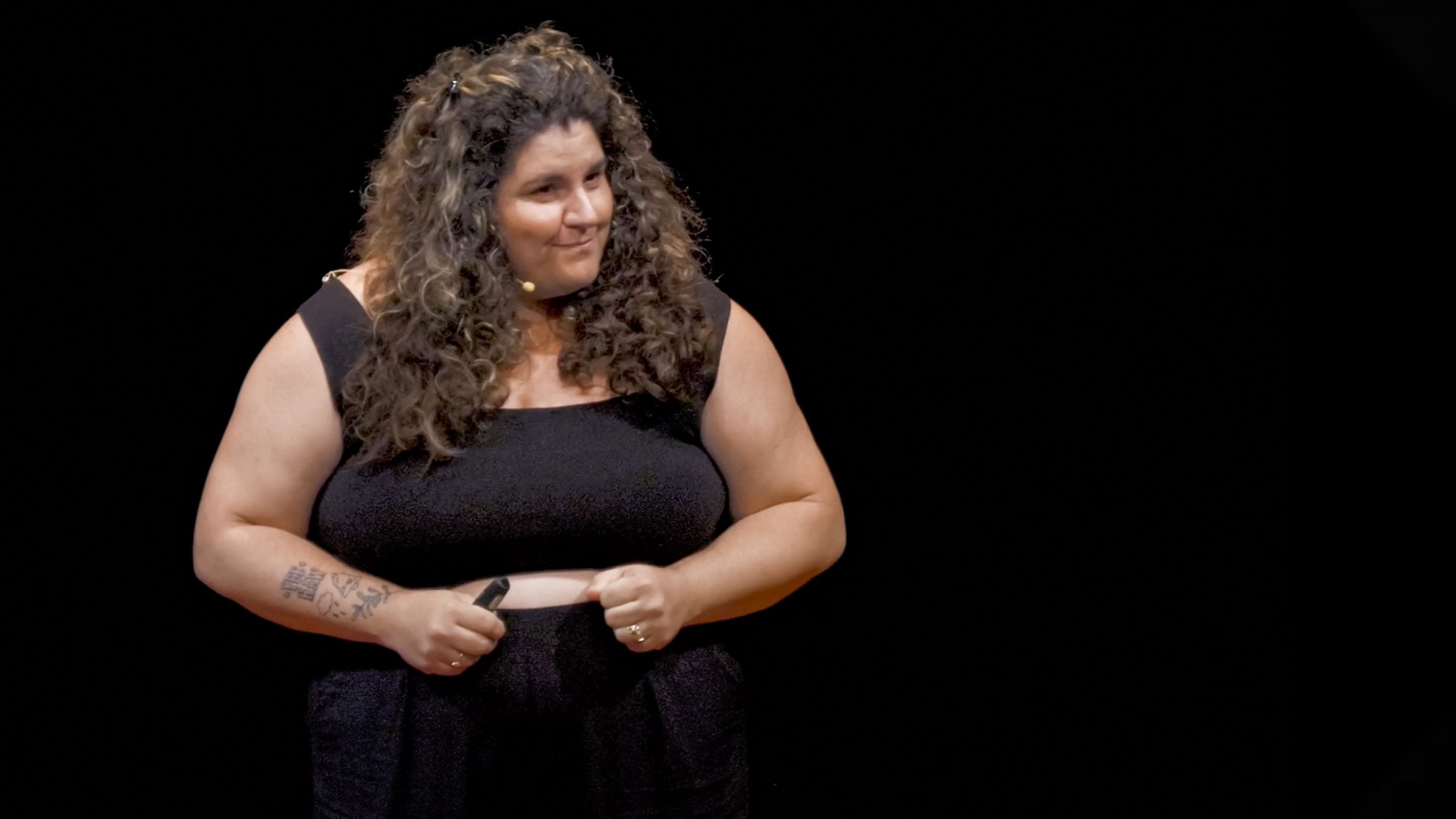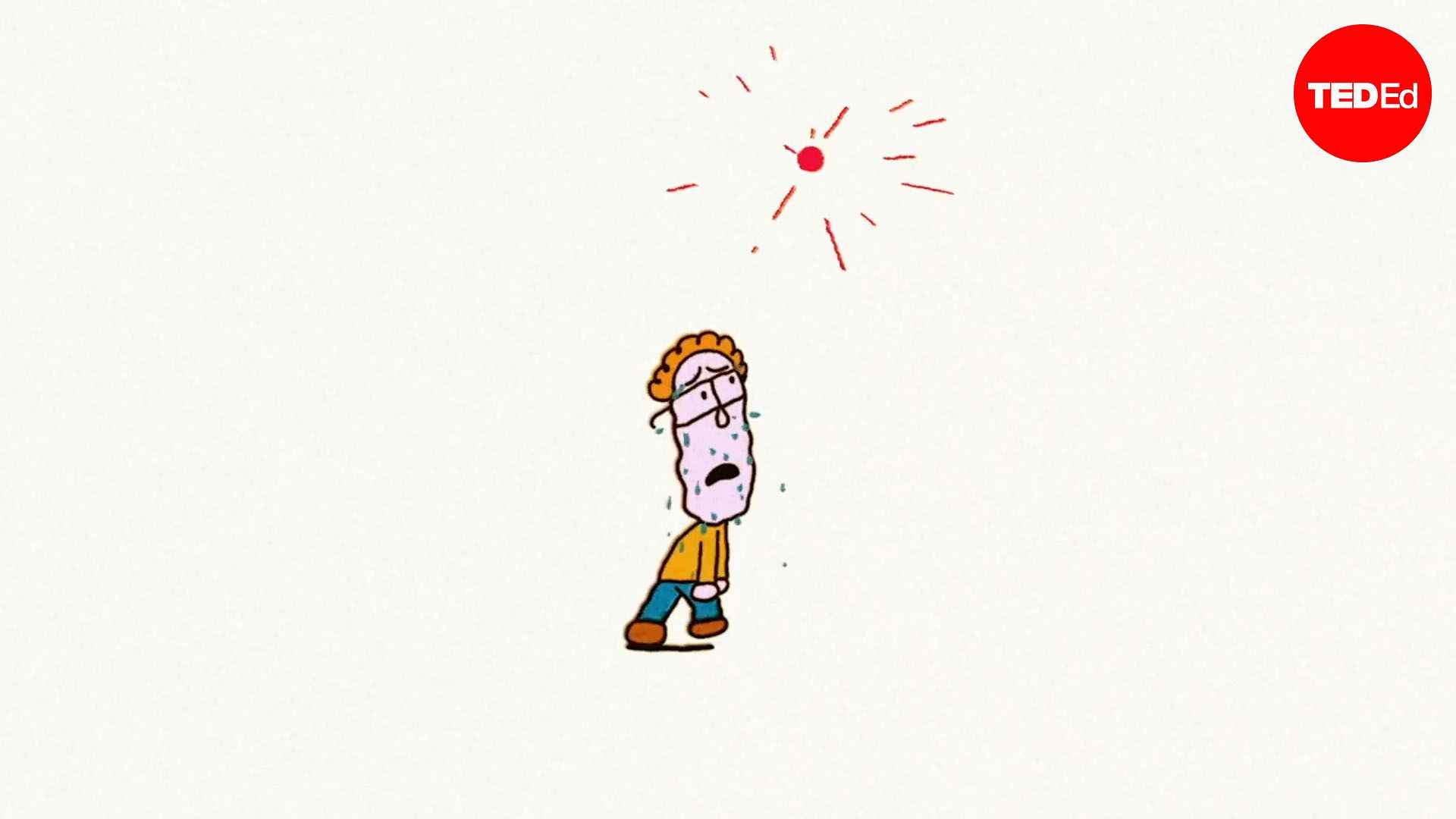Human body
A collection of TED Talks (and more) on the topic of Human body.
Video playlists about Human body
See all playlists on Human body
Talks about Human body
See all talks on Human body
Exclusive articles about Human body
Quiz: How much do you know about the clitoris?
What's the plural of "clitoris"? How many nerve endings does it have? And why does it even exist? Find out your cliteracy here.
Posted Jul 2021
Do you judge your own body? Here’s how to view it with love, not shame
Too many of us struggle to achieve a body ideal that’s just not obtainable by humans. It’s time to redefine what’s good, healthy and attractive on our own terms, say writers (and sisters) Emily Nagoski and Amelia Nagoski.
Posted Mar 2019
Note to self: We are all molecular masterpieces
Cultivate a healthy appreciation for yourself -- and all people -- by tripping out on the wonders of the human body, suggests science communicator Samantha Yammine.
Posted Mar 2019
